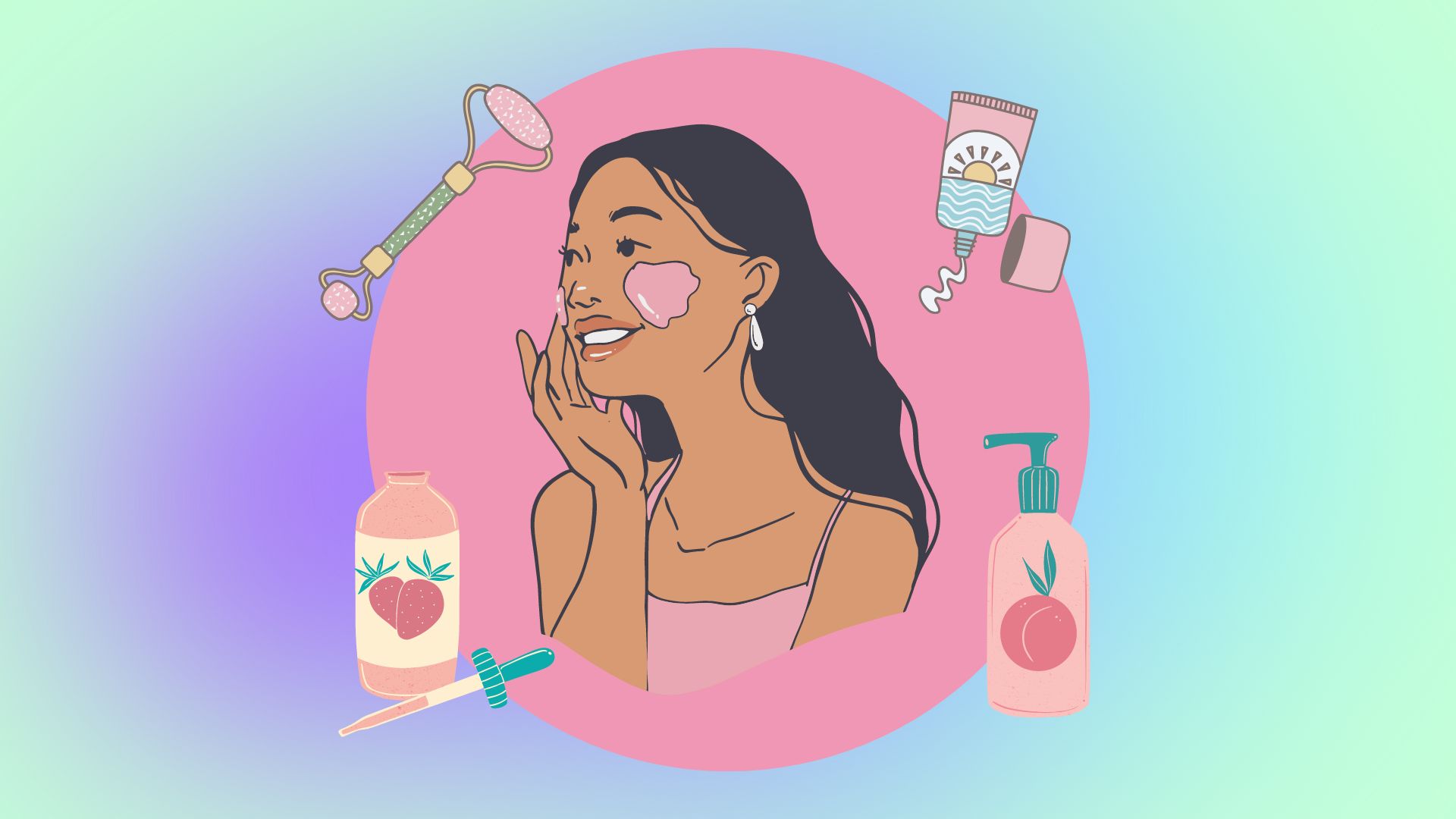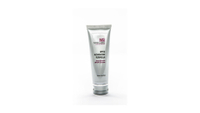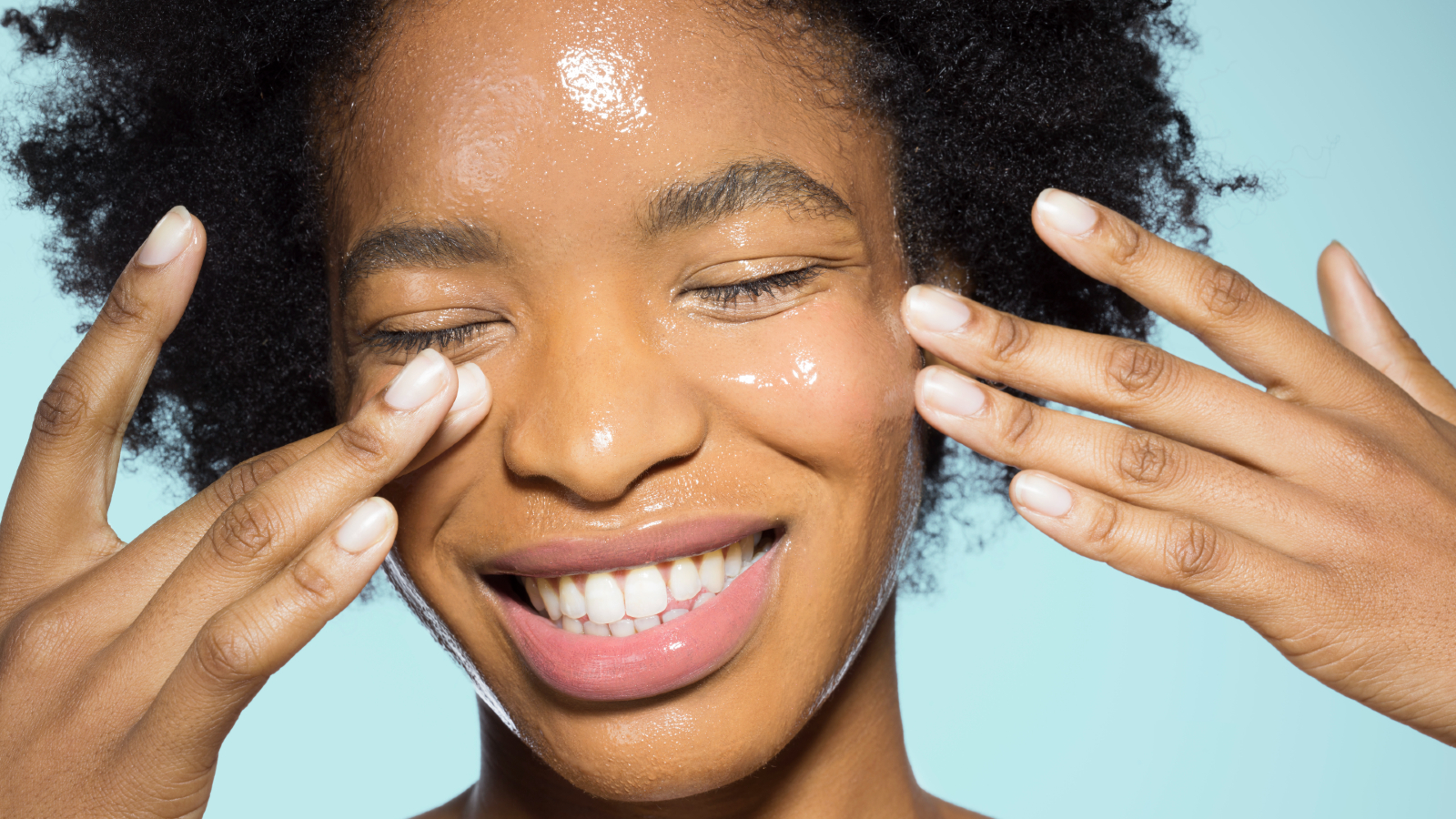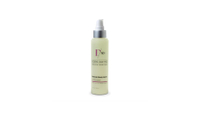Five important things dermatologists want you to know
From SPF care to acne treatment, the professionals dish on ways to make your skin healthier than ever


Curious what dermatologists want you to know about healthy skin? We all love soaking up vitamin D, but summertime can have an adverse effect on our complexions.
With that in mind, we spoke to the professionals about universal tips to keep skin happy and healthy. Plus, the derms reveal how to build the most effective skincare routine, from how often you should be applying your best sunscreen for face to the best acne skincare routine products to use.
Not all needs are the same, but one thing rings true according to the professionals: you need to be proactive in order to keep your skin healthy.
Our expert dermatologists
Dr. Green is a cosmetic dermatologist based in New York City who offers treatments like birthmark removals and photodynamic therapy, to name just a few. Shop her line of professional skincare products to keep your face smooth and healthy.
A medical aesthetic at Vera Clinic, Altas earned the title of “Medical Doctor” from Uludağ Faculty of Medicine in 1990. From 1992 to 2013, Dr. Altan offered his professional expertise to nursing homes and rehabilitation centers. Subsequently, he began working his own practice.
With over 20 years of experience, Dr. Day specializes in advanced dermatology and aesthetics in New York City. Explore her line of products, which includes everything from sunscreen to hair regrowth kits.
What dermatologists want you to know
1. Do you need sunscreen every day?
Will a floppy hat suffice? Is it too cold for sunscreen? Should you be wearing sunscreen or sunblock. What about nothing at all?
If you're debating whether or not to lather up with Supergoop!, the general consensus amongst dermatologists is that you do need sunscreen on a daily basis—even if you're concerned about whether sunscreen prevents tanning. You should be wearing a minimum of SPF 30 daily, and the experts go so far as to say that it should be reapplied every 90 minutes. Though it seems tedious, this simple habit will only help in the long run.
"UV rays can penetrate the skin in the deepest layers and cause changes in DNA at the cellular level," says Dr. Michele Green, a New York City-based dermatologist. "UV rays can not only contribute to skin cancer, but also visible signs of aging, including brown spots, wrinkles, fine lines, loss of elasticity and uneven skin tone or texture."
Though there are plenty of products to choose from, one with "broad-spectrum" protection will shield your skin from both UVA and UVB rays. Additionally, options with zinc oxide and titanium dioxide ensure an even finish and cause fewer breakouts in your 20s and 30s, according to Savaş Altas, a medical aesthetic at Vera Clinic.
But don't try to look for any loopholes with your sunscreen application—you'll just be doing yourself a disservice.
"Unfortunately, SPF in moisturizers and makeup generally does not provide adequate sun protection," Dr. Green adds, so it's important to know whether you should apply sunscreen or moisturizer first. (And always check your sunscreen expiration date too.)

Advanced Formula SPF 50: Broad Spectrum SPF 50+ Sunscreen
RRP: $45 (US only)
Includes a variety of ingredients to help prevent skin cancer and early signs of aging from the sun.
2. What's the best way to treat acne?
No one has time for breakouts or blemishes, but we should all make time for maintenance.
"Using the right acne products and sticking to a steady skincare routine can benefit and achieve clearer skin over time," Altas says. "I would avoid certain products such as facial scrubs, astringents and masks as they tend to irritate the skin, which can worsen acne."
Though acne treatment is subjective, and the reasons behind the red bumps differ for everyone—from stress and sweets to hormonal imbalances and ill-fitting products—there are a few key ingredients that help fight the breakout.
"Ingredients to look for when seeking products to treat acne are salicylic acid (a beta hydroxy acid) and benzoyl peroxide," says Dr. Green. "[They] help gently exfoliate the top layer of dead skin cells to deeply cleanse the pores of dirt, debris and oil that cause acne breakouts.

She continues: "Benzoyl peroxide also has antimicrobial properties that kill the acne-causing bacteria to prevent future breakouts. Glycolic acid is another exfoliating ingredient that slough dead skin cells, decrease inflammation and promote cellular turnover."
We'd also recommend if wearing makeup, to go for one of our best foundations for acne-prone skin or one of the best non-comedogenic foundations to help prevent excess sebum production in the skin.
Though there is no magic universal remedy for acne, one thing's for sure—picking pimples is a no-go, unless you want to deal with scarring.
3. How do you monitor skin tags, birthmarks, etc.?
Changes are of the utmost importance when monitoring anything on your body.
"If you find any changes in size, color or shape of any previously noted mole or other skin markings, it’s important to seek medical advice," Altas says
According to Dr. Doris Day, a New York City-based dermatologist, how often you check your skin is based on your familial history as well as your sun exposure. For those who have had significant sunburns or a history of skin cancer, a monthly check is encouraged. Those with less pressing skin issues can do their own skincare check every two to three months.
Regardless of your background or how the sun affects you, you should have a professional dermatological checkup annually.
4. How do you perform your own skincare check?
While waiting for a doctor visit, it never hurts to take a close look at your skin beforehand. After all, you need to know what to report to the professionals.
During your skincare check, you should examine your entire body—front and back. Dr. Day recommends to have a close glance at your face, scalp, breasts, the back side of your body and the tops and bottoms of your hands and feet.
"The idea is not to remember every spot but to get to know your skin so that if something strikes you as unusual, you will notice," says Dr. Day. "Ideally you would do your skin check naked in a well lit room and with a mirror so you can see otherwise hard to see places like genitals and back."
5. What skincare products should women use in their 20s and 30s?
First things first? A good scrubbing.
Cleansing is the first step of all skincare routines and is beneficial in a number of ways. If not cleansed properly, dirt and pollution accumulate at the surface of your skin and could potentially contribute to breakouts, dehydration and aging," says Atlas, who then recommends following up with one of your best moisturizers.
And according to Dr. Day, you'll also want to invest in one of the best retinol serums on the market.

Retinol Body Serum
RRP: $185 (US only)
A skin hydration and rejuvenating serum that's meant tot reduce the appearance of sun damage and crepiness on arms, legs, chest and back.
"[It] helps even out skin tone, reduce pore size, improve collagen production and help with normalizing skin cell turnover which you will see as smoother, more radiant skin," she says.
One area that tends to get overlooked is our eyes, but it's probably one of the more important things to nourish.
"The skin around our eyes is the thinnest skin on our body and one of the first spots to show your age," Atlas says. "Starting an eye cream in your 20s can hydrate the skin to plump it, so the wrinkles show less when you’re older."

Retinol Body Serum
RRP: $185 (US only)

Need a TV show recommendation? Maybe a few decor tips? Danielle, a digital news writer at Future, has you covered. Her work appears throughout the company’s lifestyle brands, including My Imperfect Life, Real Homes, and woman&home. Mainly, her time is spent at My Imperfect Life, where she’s attuned to the latest entertainment trends and dating advice for Gen Z.
Before her time at Future, Danielle was the editor of Time Out New York Kids, where she got to experience the best of the city from the point of view of its littlest residents. Before that, she was a news editor at Elite Daily. Her work has also appeared in Domino, Chowhound, and amNewYork, to name a few.
When Danielle’s not writing, you can find her testing out a new recipe, reading a book (suggestions always welcome), or rearranging the furniture in her apartment…again.